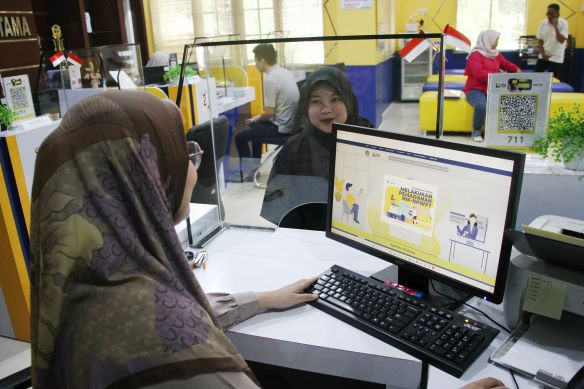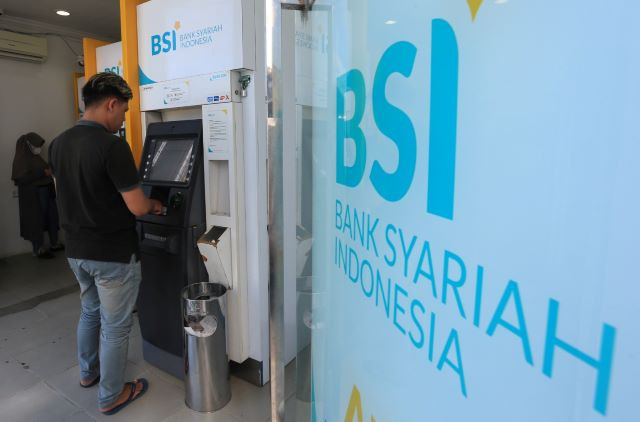INSIGHT: Twenty years after the Asian crisis: What have we learned?
Asia is in a much stronger position than 20 years ago, but should remain vigilant.
Change Size
 A view of Hong Kong skyline. Today, Asia has a stronger economic outlook. Developing Asian economies grew 6.8 percent yearly over the past two decades, faster than any other region. (Shutterstock/ProjectD)
A view of Hong Kong skyline. Today, Asia has a stronger economic outlook. Developing Asian economies grew 6.8 percent yearly over the past two decades, faster than any other region. (Shutterstock/ProjectD)
T
his month marks 20 years since the Asian financial crisis. It’s appropriate to consider at this juncture why the crisis happened, and what we have learned about how countries can safeguard their economies from future shocks and deliver sustainable and inclusive growth.
The combined currency and banking crises started in Thailand in July 1997 and quickly spread to the Republic of Korea, Indonesia, Malaysia and the Philippines. In little more than a year, gross domestic product in the five crisisaffected countries fell by a combined 30 percent.
The crisis can be traced to the premature opening-up of capital accounts before domestic financial systems and regulations were ready. Short-term borrowing was liberalized even more than longterm foreign direct investment in those countries.
Encouraged by dollar-pegged exchange rates, portfolio investment and bank loans from advanced economies flooded into Asia before the crisis, fueling domestic asset and property price bubbles. Large short-term United States-denominated debts financed long-term domestic investments, creating currency and maturity mismatches. Once it became clear they were unsustainable, capital flows suddenly reversed. This led to large devaluations of the currencies and massive bank defaults.
The international community quickly came to the rescue. The International Monetary Fund, World Bank, Asian Development Bank (ADB) and the region’s governments provided foreign exchange liquidity and budget support. ADB offered US$7.8 billion in loans over two years, mainly through fast disbursing policy-based lending for financial sector reform and social protection to Indonesia, the Republic of Korea and Thailand.
In the event, countries recovered faster than expected. After the initial stabilization measures, authorities in crisis-affected countries reinforced sound macroeconomic policies supported by fiscal prudence and more independent central banks. They adopted more flexible exchange rates, strengthened financial sector regulation and governance, and implemented structural reforms. Countries adopted more prudent approaches to capital account liberalization with better sequencing, consistent with domestic economic conditions. The crisis also gave strong impetus to regional cooperation initiatives.
Today, Asia has a stronger economic outlook. Developing Asian economies grew 6.8 percent yearly over the past two decades, faster than any other region. The region’s growth now relies much more on domestic demand. These achievements belie criticisms during the crisis that Asia’s growth miracle was a myth and unsustainable.

















